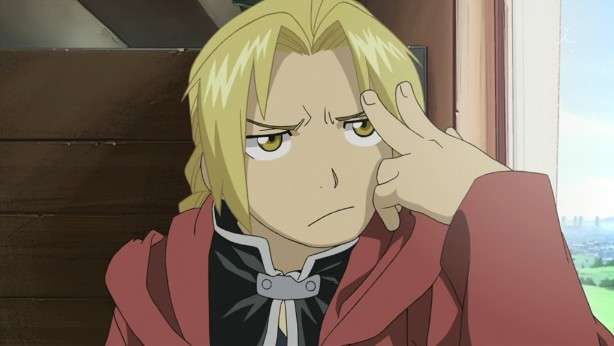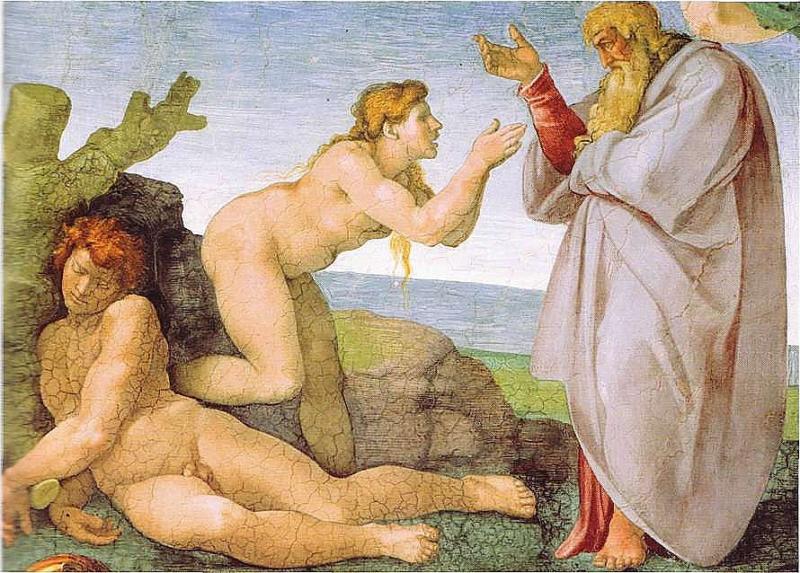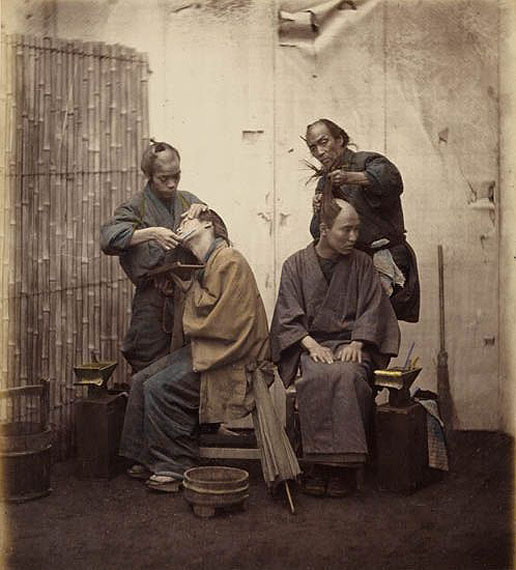
You’ve likely heard the phrase “history is written by the victors.” Because of this sentiment, historians feel skeptical about written histories sponsored by governments and winners of conflicts. In history, there’s also a tension between fact and truth. These sponsored histories may not be factual, but they are often truthful. After all, they explain a worldview that victory appears to vindicate for a people–a truth. But these histories also ignore or vilify the losers of the conflict; the histories hide the facts.
In the modern world, we confuse fact and truth. While they often overlap, they remain distinct ideas. Fact deals with events as they really happened. Ideally, fact minimizes bias. Bias can’t be eliminated because history is a human endeavor, and all of us have biases. Often we aren’t aware of them. That’s why I try to be upfront about my perspective here on JP; it shows my biases and helps you beware those I fail to see. Truth deals with observations about the nature of the universe, a culture, or a group of people. Truth contains bias and often includes generalizations while revealing our own biases and generalizations.
Let me use Jesus and the Christian claim to illustrate this. Jesus existed in fact. Josephus, the Gospels, and several Roman sources confirm this. As a Christian, I believe he is the Messiah–this is a truth, but not a fact. Messiah is a Jewish concept the reflects a cultural frame of mind, a cultural truth. By their nature, cultural ideas cannot be facts. They cannot be independently verified or measured. They can only be observed and internalized, creating a bias. Keep in mind bias isn’t wrong, but it does prevent true objectivity.

Now truth can be relative or absolute, while facts are always absolute. By absolute, I mean definite and universal. Gravity and other laws of nature are facts. They are absolute. No amount of thinking can change gravity’s influence on you, whereas deep reflection can change your personal truths. Personal truths are observations you hold. Absolute truths are observations that exist because of the nature of the human mind and of experience. People all behave and think in certain ways because we are human. Absolute truths overlap with facts and often depend upon facts. For example, the idea of karma, or God’s justice or some other cultural label, is an absolute truth that rests upon the Law of Cause and Effect (also known as Newton’s Third Law of Motion) . The universe functions in such a way that all actions people do create equal and opposite consequences. We often fail to see those consequences. All facts begin as truths. After all, The Third Law of Motion began as a truth until it was proven as a fact by Newton. Many ancient writers discussed it.
Now I know this is a bit philosophical and feels like hair splitting. But when it comes to history, the distinction between fact and truth is important. Truth is our understanding of facts, as such truth can change as new facts emerge or our ideas of those facts shift. This happens in science. Let’s look at two Japanese stories to illustrate the differences and the importance of those differences.

The Hare of Inaba tells the story of how a hare tricks crocodiles to act as a bridge to an island. They figure out the trick and pull out all of the hare’s fur. Several people pass the hare, who calls out for help. The brothers tell the hare to wash in seawater and dry in the sun. You can imagine how much that would hurt! While lying in misery, another man passes and advises the hare to wash in fresh water and roll in cattail pollen. This heals the hare. As a reward, the hare tells the man that he will marry Princess Yakami and form a mighty nation: Japan.
The story lacks facts outside of the nature of seawater on raw skin. But the myth reveals several truths:
- It shows how moral behavior is rewarded.
- It acts as a metaphor for Japan’s struggle against barbarism.
- it shows how people viewed their nation as a bulwark against immoral, barbaric behavior.

For a historian, these truths explain the facts of historical practices: festivals and shrines dedicated to the hare of Inaba. Myths and folklore provide context and observations on historical facts that may lack context. The stories are not facts by any means. However, the truths they contain–whether they look at human behavior or cultural views–remain useful.
Japan’s first emperor Jimmu was the great-grandson of the goddess Amaterasu. According to legend, he was born in 711 BC and died in 585 BC. However, little evidence points to his existence. Suizei, his successor, has some evidence, but Jimmu remains mythological. However, the lack of facts doesn’t undermine his importance for the character of Japan. The story tells the story of how the Imperial family, which still exists, began. It tells the truth of the family’s importance in history. You can’t get much more important than directly descending from a goddess! The story also outlines the behaviors and duties expected of Imperial descendants. It gives cultural perspective to the Imperial family and various cultural practices, such as keeping the emperor out of public view during various eras.
Truth and fact compliment each other and overlap in many instances. That’s why people confuse them. Neither is superior to the other. Many people consider facts superior to truth. The creation story of Genesis isn’t factual; it’s truthful and contains many facts of human nature (behaviors that have been verified). Likewise, the Big Bang theory may be factual (it is still in debate), but it isn’t truthful outside of showing cultural needs to remove what many feel are supernatural causes. But I’m becoming philosophical again. My point: truth points to worldview; facts point to an evolving understanding of reality. They require each other to exist within our minds. The modern idea that facts are truth is points to a truth of itself: the focus on materialistic and scientific understanding as superior or separate from a spiritual understanding of reality. It doesn’t matter if a Truth is, well, true in the factual sense of the word. What matters is how a Truth determines understanding and behavior; how it generates facts which, in turn, generate Truth.
When studying history, keep in mind that the most outlandish myths and folklore point to truth and provide context for facts. If nothing else, beware confusing truth and fact. Beware elevating one above the other.



